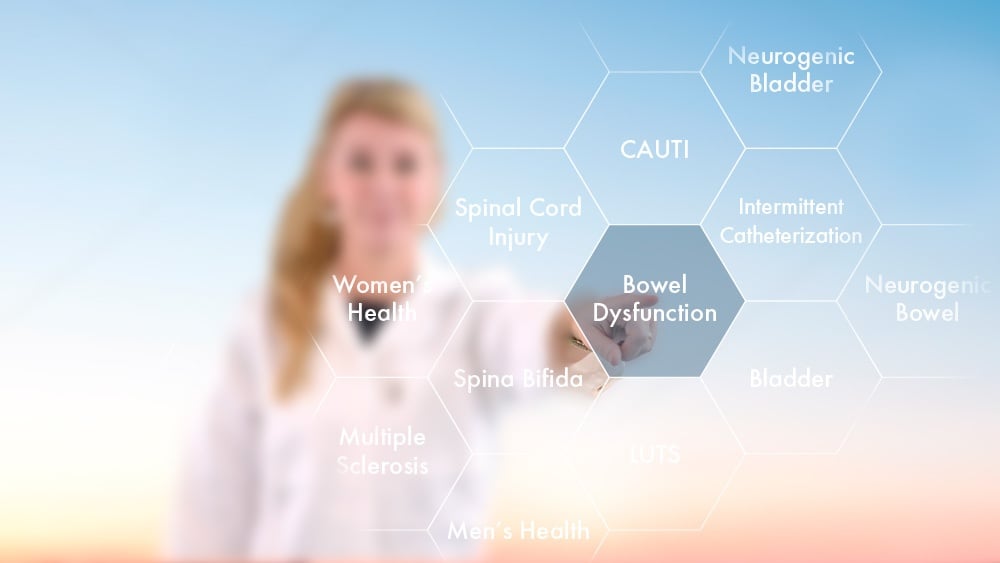Available treatment options for bowel dysfunction vary depending on symptoms, but generally when starting therapy, a conservative approach is recommended. However, as one study shows, there is a reduction in bowel function over time in persons with neurogenic bowel disorders.
Read MoreTopics: Science Alert, Bowel management
The bladder and bowel share the pelvic floor and, in spite of known (and unknown) synergies, limited research has been undertaken on this topic. There are, for example, few studies exploring the impact of bladder and bowel dysfunction on social activities and quality of life.
Read MoreTopics: Science Alert, Bladder and bowel interaction, Bowel management
Multiple Sclerosis (MS) is an autoimmune disease. This means that the immune system attacks the central nervous system and causes nerve damage and communication breakdown between brain and body.
Read MoreTopics: Science Alert, Multiple Sklerose (MS)
Bladder and bowel problems are common and of high importance for people with spinal cord injury and other neurogenic damage.
Read MoreTopics: Science Alert, Bladder and bowel interaction, Bowel management
Urethral stricture is a medical condition that mainly affects men. It can restrict urinary flow due to a narrowing of the urethra, and the causes can include trauma or inflammation.
Read MoreTopics: Science Alert, Men's Health, Urethral Strictures







